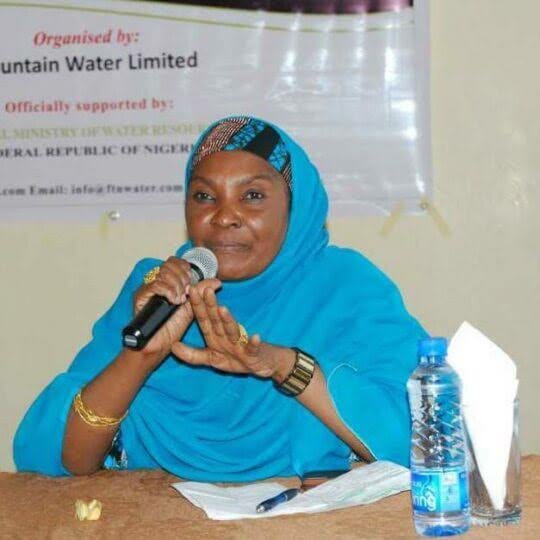Agriculture stakeholders have stated that they will meet with National Assembly members to discuss summersault policy or food security in the country.
The stakeholders agreed on this on Monday in Abuja at a one-day food commodities stakeholders’ summit to advance the country’s interstate food commodity value chains.
The meeting was organized by the UNDP-GEF-IAP-FS Project National Programme Management Unit, in collaboration with the Women Farmers Advancement Network (WOFAN), among others.
According to the News Agency of Nigeria (NAN), some of the stakeholders who reached an agreement include: rice millers, processors, financial institutions, and others.
While speaking at the event, the founder of WOFAN, Dr Salamatu Garba, stated that the issues of food security required the input of legislators with the necessary policies.
“We need to make them understand that one of our major problems in Nigeria is policy summersault, because we have good policies in place but the issue of implementation has remained a problem.”
She stated that this was not only true at the national level, but that “when you go to state and local governments, you find out that these policies do not exist.”
She stated that policy implementation was critical, and that lawmakers would have to step in to ensure that the right things were done to ensure food security.
According to her, this is why you can see all of us here today; we are forming three separate commodity committees.
“One will be dedicated to agricultural research, finance, and climate change. And those individuals will consider regaining access to research institutions and extension services.
She stated that if extension services were not improved, Nigeria would be unable to meet the adequate food production required to feed the 200 million Nigerians.

Mrs Rhoda Dia, Project Manager, UNDP-GEF-IAP-FS Food Security Project, bemoaned the state of extension services in the country, noting that retirees dominated most communities where extension services were available.
She also emphasized the importance of agricultural financing, which she believes is critical to agricultural development.
Dia stated that the visit to the members of the nation assembly became necessary to fine-tune issues concerning policy implementation.
Some of our farmers, she claims, are being taken advantage of by middlemen. Even when they produce, it is discovered that they do not receive a fair price for their goods.
“So connecting our farmers with buyers who will assist them in selling their products will make a difference in terms of wealth creation and food availability for Nigerians,” she said.
Dr. Philip Idinoba, Rice Commodity Specialist, emphasized the importance of government policy sustainability, stating that this would ensure the country’s food security.
He stated that this was necessary in order to have the desired effect.
